- Your cart is empty
- Continue Shopping

Product
Norvasc (Amlodipine) is a medication belonging to the class of calcium channel blockers (CCBs). It is primarily used in the treatment of high blood pressure (hypertension) and certain types of chest pain (angina). Amlodipine works by relaxing and dilating the blood vessels, which helps to improve blood flow and reduce blood pressure. Here is a detailed description of Norvasc (Amlodipine):
1. Mechanism of Action:
- Amlodipine works by blocking the influx of calcium ions into vascular smooth muscle cells and cardiac muscle cells. This action inhibits the contractility of both smooth muscle in peripheral arteries and cardiac muscle cells, leading to vasodilation and decreased peripheral resistance, which results in lowered blood pressure.
2. Indications:
- Norvasc (Amlodipine) is indicated for the treatment of:
- High Blood Pressure (Hypertension): Amlodipine is used alone or in combination with other antihypertensive medications to control blood pressure.
- Angina: It may be prescribed to relieve symptoms of stable angina (chest pain) and to prevent future episodes.
3. Dosage:
- The dosage of Norvasc (Amlodipine) is determined by the healthcare provider based on the individual’s medical condition, response to treatment, and other factors.
- It is typically taken orally in the form of tablets.
4. Administration:
- Amlodipine tablets are usually taken once daily, with or without food, as directed by the healthcare provider.
- The tablets should be swallowed whole with a glass of water.
5. Potential Side Effects:
- Common side effects of amlodipine may include peripheral edema (swelling of the ankles and feet), dizziness, flushing, headache, and fatigue.
- Serious side effects can include hypotension (low blood pressure), palpitations, and allergic reactions.
6. Precautions:
- Amlodipine should be used with caution in patients with certain medical conditions, such as heart failure or liver disease.
- Patients should inform their healthcare provider of any pre-existing conditions or medications they are taking.
7. Interactions:
- Amlodipine may interact with certain medications, including other antihypertensive drugs and medications that affect liver enzymes.
- Patients should inform their healthcare provider of all medications, supplements, and herbal products they are taking.
8. Monitoring:
- Regular monitoring of blood pressure and other relevant parameters is important to assess the effectiveness of the treatment and watch for any side effects or complications.
Norvasc (Amlodipine) is an important medication in the management of high blood pressure and angina. Its use should be under the supervision of a qualified healthcare professional, and patients are advised to follow their healthcare provider’s recommendations closely for optimal safety and efficacy.
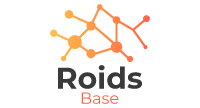

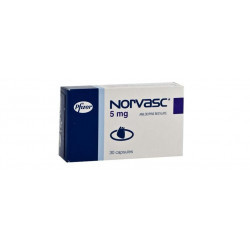
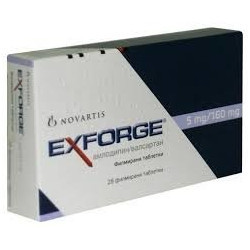
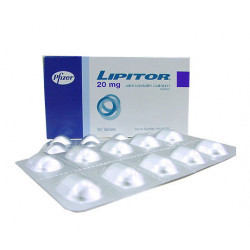
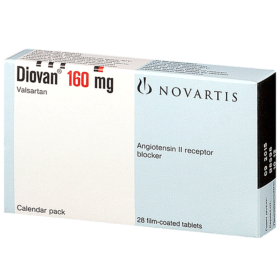
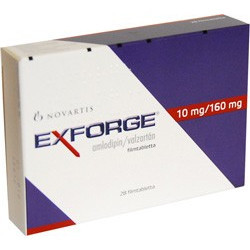
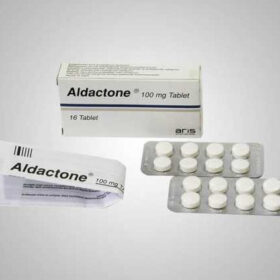
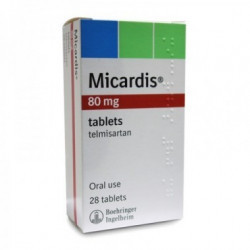
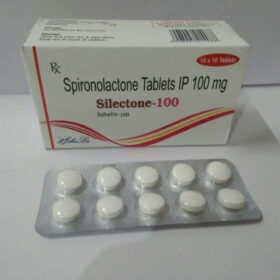
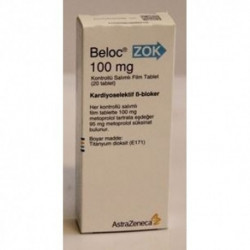



Reviews
There are no reviews yet.